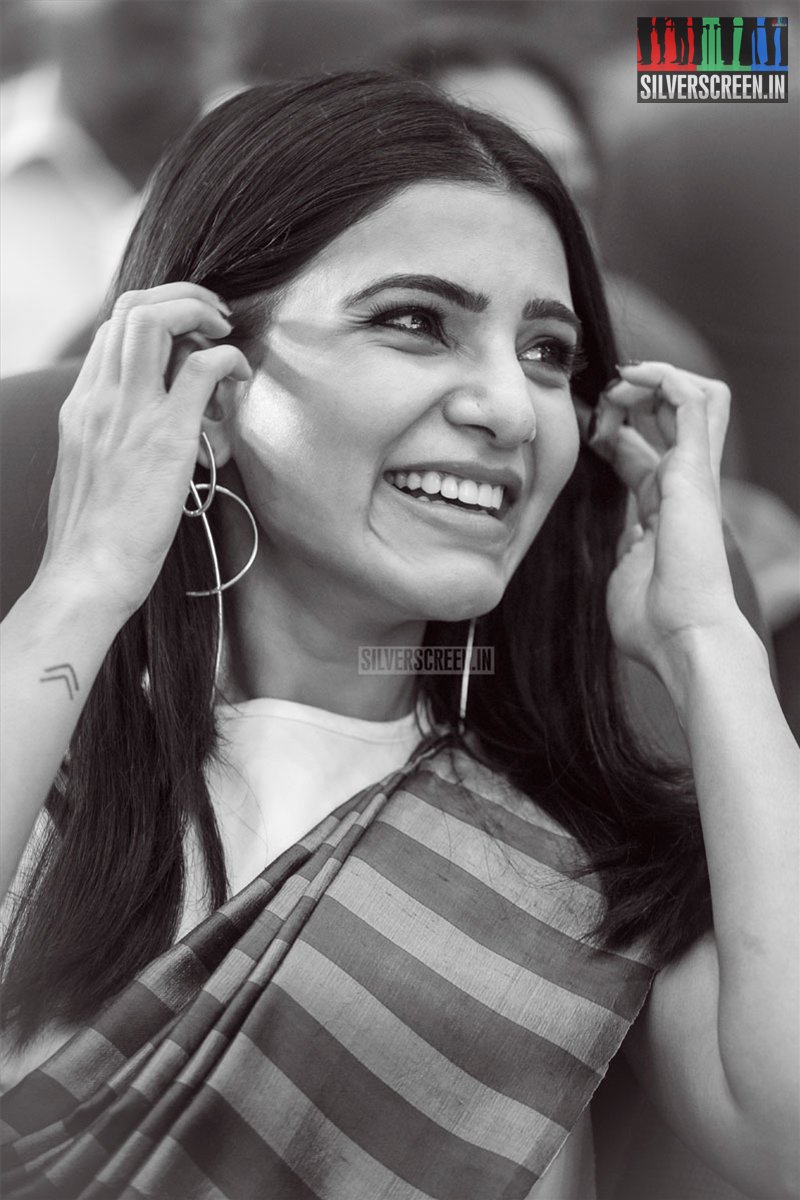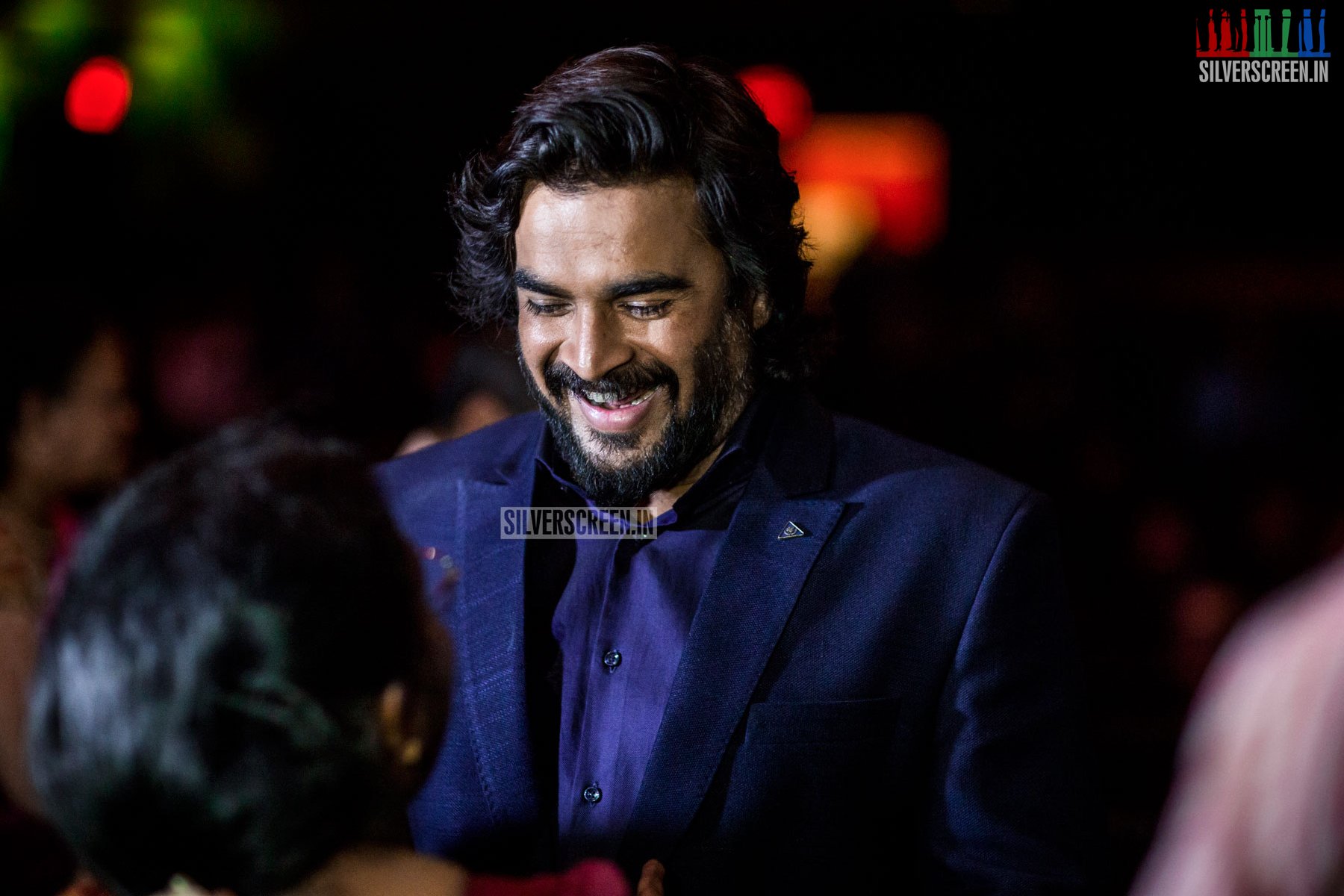In a contemporary film, to say ‘mohabbat’ or ‘ishq’ directly to the beloved is perhaps excessive. It is the homogenising ‘love’ that appears sufficient to convey an affective relationship, not necessarily a state of insane consumption in the face of social resistance implied in words such as ishq and mohabbat. A self destructive hurricane like ishq may appear in a song, like “ishq jaise hai ik aandhi, ishq jaise toofan…” in the film Main Hoon Na. But when it comes to professing love, it is just ‘love’.
Words like ishq, pyaar, mohabbat are used interchangeably in songs, and there are a host of both great and terrible songs using these words. In the English language, all three words mean love, which is also used a lot in songs. However, for a moment if we were to think of the three Hindustani words, we might see that they come with specific genealogies, on most days.
To my mind, words such as ishq and mohabbat have an all-consuming, torrential state attached to them. We would be failing in our duty to understand if we approached this state with a rational and reasonable mind. And that is the most radical part of cinema, in that it legitimises irrationality and madness and beckons us to take risks. Of course, many risks remain contained and tamed, but at least there’s an invitation to be unreasonable.
On the rare occasion, songs also engage in a fine distinction between the semantic scope of these words. For instance, “Mohabbat hee na jo samjhe, woh zaalim pyaar kya jaane…” from the film Parchhai (1952). One would think pyaar has a higher intensity than mohabbat; so, for one who doesn’t (even) understand mohabbat, how would she understand pyaar?
On the other hand, let’s remember a delightful dialogue in the film Kabhi Alvida Na Kehna (2006). On the hour of her marriage, Maya (Rani Mukherjee) confesses to a complete stranger, Dev (Shah Rukh Khan) that she doesn’t have the mohabbat kind of love for her husband-to-be Rishi (Abhishek Bachchan). The semantic difference between pyaar and mohabbat is put like this by Dev, “Mohabbat ke zamaane guzar gaye janaab; ab chhote mote pyaar se hee kaam chala le (The era of big/unconditional love has passed by; now, you’ll have to make do with small bouts of love).”
It would seem then mohabbat has a more exalted legacy; whereas pyaar is the smaller change. At least in the way Dev conveys this. So, from Parchhai to Kabhi Alvida Na Kehna, the connotations of both pyaar and mohabbat have changed. Pyaar is the more manageable unit of mohabbat, which is now, according to Dev, to be found in good books and bad films. The split between the poetic and rhetorical flourish of mohabbat on one hand, and chhota mota pyaar is not simply one of less or more love, or even less or more Urdu. Mohabbat belonged to a linguistic universe where it did not seem excessive; it was an involuntary attraction. Perhaps pyaar was the more steady and staid commitment in that world of meanings.
Recommended
On the other hand, think of songs that profess pyaar; the most famous one being, “Pyaar kiya to darna kya.” Exceptional perhaps. Think of the inferior ones like “Pyaar kiya nahin jata, ho jata hai.” Or even worse, “Chahiye thoda pyaar.” They all seem to rely on telling and showing, whereas songs around mohabbat rely on hiding; half-saying and gesturing. Think of the lines, “Mohabbat jo karte hain woh, mohabbat jatate naheen” (The ones who indulge in big love, don’t make loud declarations of it) in SH Bihari’s lyrics for Isharon Isharon mein. They privilege silence over speech, gestures over words.
To sum up, we are then left with the shadows of unsaid things, apparitions of lovers consumed by ishq or mohabbat, while we moved towards pyaar and ended with ‘love’, a word we could use for a favourite bank, website, or person.



